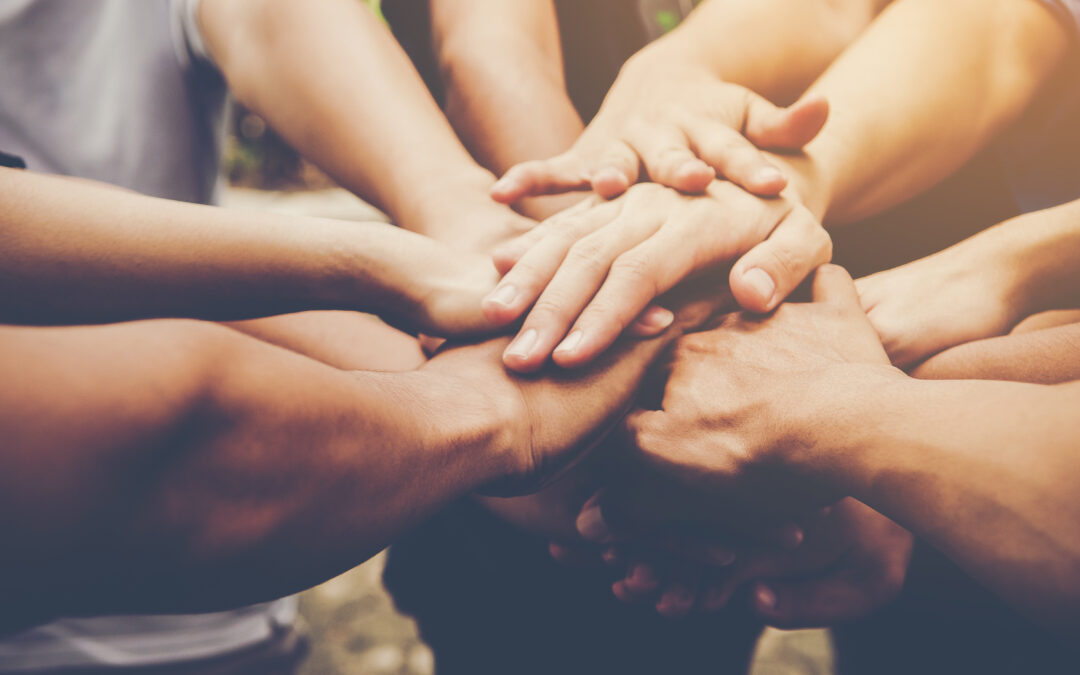When tragedies happen, any of us can be affected by the aftermath whether we were impacted directly or indirectly. But our kids are the most vulnerable. They have not yet develop the skills and ability to process things like adults do. If children do not have the opportunity to express how they feel and process, those feelings can turn to anxiety, depression or post-traumatic stress disorder. Often times, in our role and desire to protect children, we may keep information away from them that we think may harm them. But our children already have incredible access to information (from the internet, their friends, something they overheard), if they don’t learn when something scary happens from their parent, caregiver or an adult they trust, they may misinterpret information and that can lead to more anguish. With an underdeveloped brain, adults can take the role of a child’s brain and help them in processing information they may not understand or is overwhelming.
Our top 3 recommended tips on how to talk to kids:
1. Reassure children that as an adult in their lives (parent, aunt, caregiver, grandmother, etc) you will do what you can to keep them safe. One of the primary basic needs of child is to feel safe. As a caring adult in their lives, you can play that role by reassuring child. After a crisis, you may need to reassure more frequently, spend more time together, listen more, answer questions, which helps kids feel seen, heard and understood.
2. Talk to kids (in age appropriate language) about what happened. Often times we keep information away from children to protect them. But our kids already have a lot of access to information and chances are they can learn when bad things happen from their friends, internet or a conversation that they may have overheard. Parents or caregivers are the most appropriate people to debunk misconceptions, to clarify. When kids don’t have a concise full story, their minds may create their own scary stories, that can lead to fear, stress, anxiety and depression. First start by asking them if they have heard anything in the news or from their friends or overheard something at home that has them worried them or made them feel a certain way. Allow the child to share and listen attentively and when the child is done, clarify any miss-information. Depending on kid’s age, share basic facts like what happened, who did it impact. Allow child to ask questions, and then proceed to reassure.
Example: Hi [name or nickname], I wanted to talk to you about how you may be feeling today. Allow for child to respond. If child doesn’t bring anything up related to recent occurrences, let child know that you want to talk about something important.
Tell child: Something happened in [community, country, or location] that you want to make sure he/she knows so together you know what to do in case of an emergency. Over the weekend something bad happened that hurt people. A man took a gun and killed innocent people. If child is young and can’t grasp concepts of killing and death, you can say: what this means is that these people are no longer going to be able to go to school, work because they were hurt so badly that they went to heaven [or a concept related to dying that your family believes in]. We are still learning about him and why this person did what he did. Allow child to share emotion/reaction by asking: what do you think about what I shared?
The child may not be able to communicate feelings and emotions so this is our opportunity to name it for children. This is a scary thing. This is confusing. This makes me angry. Then proceed to reassure. I want you to know that I, [and list other close people in the family like dad, grandma, aunt, etc) will work hard to do what we can to keep you and this family safe. If child ask questions you don’t know, let them know that. Say something like: I don’t know that information but If I find out about it and I think it’s important you know, I will let you know what I know.
By talking to a child about something that happened, we also allow them with the opportunity to express emotions. But we need to model what that looks like.
3. Tell them how many people care for them and love them. When kids learn about hate against their communities, or experience bullying and racism, they can internalize feelings of not belonging, rejection, which impacts their self esteem, self-worth, which can lead to feelings of depression. We know that at least one of the horrific shootings was connected to anti-immigrant sentiment. Children and teens don’t have the skills and ability to make sense of information fully. It is important that we provide facts.
Check in with your children from time to time. If intense emotions persist, seek the professional help of a counselor.

